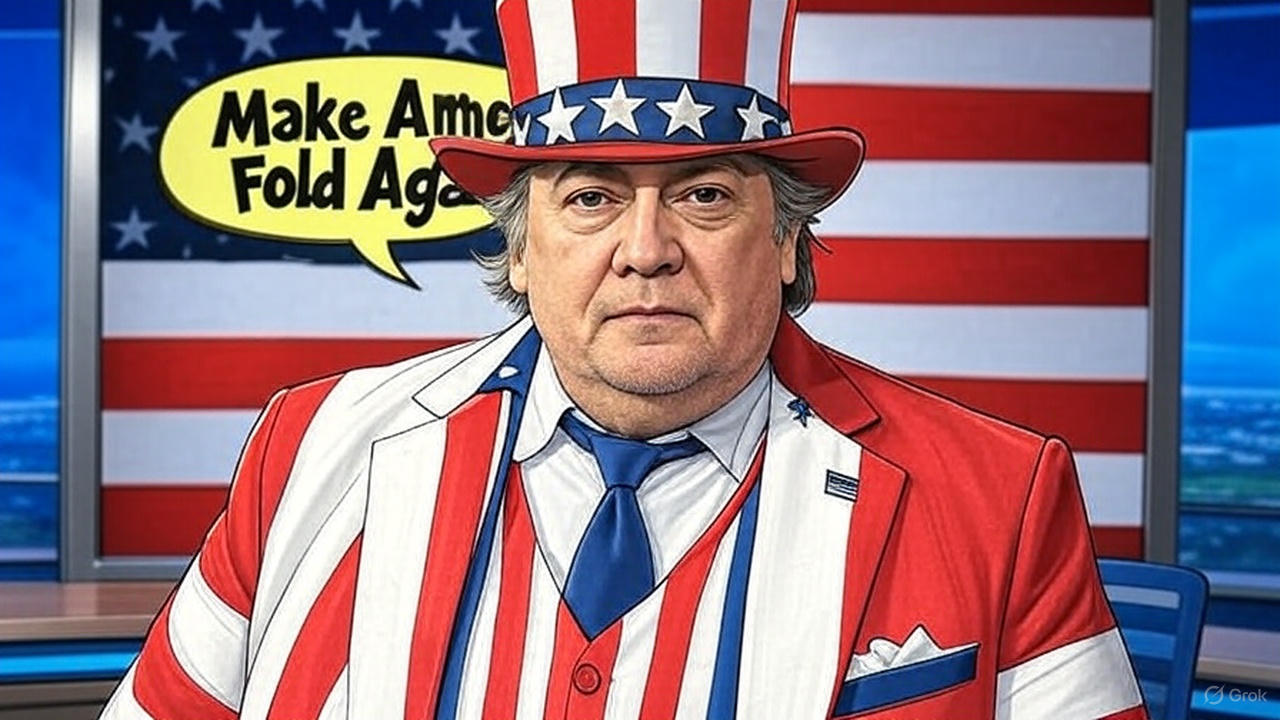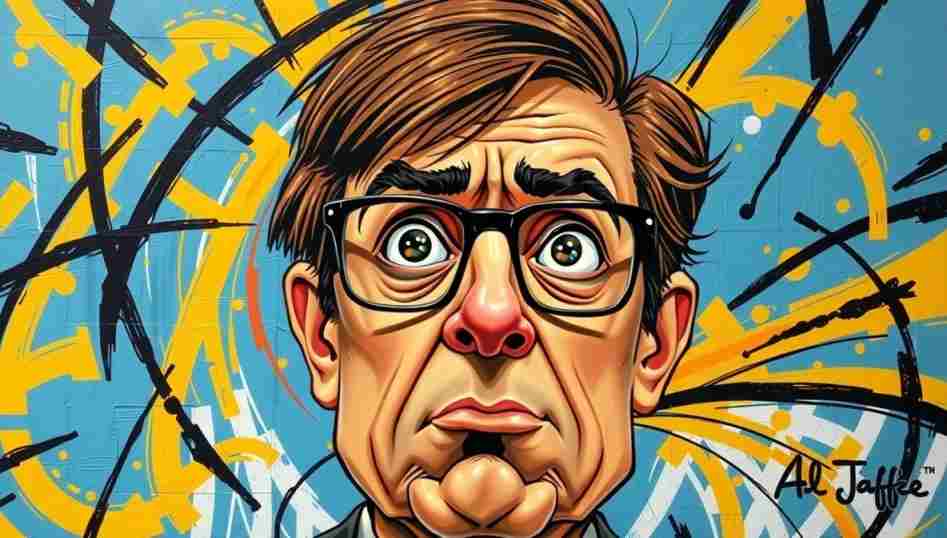When Foreign Policy Meets Reality TV
American diplomacy has entered its reality TV era, where foreign policy decisions are made with the consistency of a contestant on “The Bachelor” choosing between roses and drama. One day we’re BFFs with a dictator, the next day we’re threatening sanctions via tweet, and by Friday we’re back to sending gift baskets. It’s like watching someone play Civilization VI after three glasses of wineentertaining, but ultimately destabilizing for everyone involved.
The State Department has reportedly given up on traditional diplomatic cables and now communicates primarily through strongly worded social media posts and carefully crafted emoji combinations. Nothing says “we take your sovereignty seriously” quite like a handshake emoji followed by three ambiguous thinking faces. International relations experts are scrambling to update their textbooks with chapters titled “When Your President Subtweets an Ally” and “Crisis Management in the Age of Whatever This Is.”
Foreign leaders have adapted to this new diplomatic landscape by essentially treating every meeting like they’re dealing with an unpredictable relative at Thanksgiving dinner. They smile, nod, agree to vague statements that mean nothing, and then immediately call their actual allies to ask “what just happened?” It’s diplomacy as improv comedy, except the consequences involve nuclear weapons instead of hurt feelings and awkward car rides home.
The concept of “strategic ambiguity” has been replaced with what experts are calling “genuinely no idea what’s happening ambiguity.” Is that tariff threat serious or performance art? Nobody knows, including probably the person making the threat. Foreign policy analysts have started including disclaimers in their reports: “This assessment is accurate as of 3 PM Eastern Time and may be completely wrong by dinner.”
Traditional diplomatic protocols have been abandoned faster than New Year’s resolutions. Who needs carefully negotiated treaties when you can seal international agreements with a handshake and a photo op? Legal scholars are having field days explaining why “but we shook on it” isn’t actually binding under international law. Meanwhile, lawyers worldwide are updating their billable hours to include “explaining basic concepts to governments that should know better.”
The entertainment value of erratic diplomacy cannot be understated. News networks have essentially become sports commentary channels, with analysts breathlessly narrating each diplomatic fumble like it’s a playoff game. “And here comes the ambassador with a surprise tariff announcementoh no, he’s walking it backwait, no, it’s back onthis is incredible, folks!” It’s exhausting, anxiety-inducing, and somehow compulsively watchable.
Other countries have started placing bets on American foreign policy decisions, turning international relations into the world’s highest-stakes poker game. Will we honor that treaty? Will we remember we signed it? Will we claim we never signed it despite video evidence? The suspense is killing everyone, especially our allies who keep having to explain to their citizens why they’re still partnering with “those guys.”
As this diplomatic approach continues, historians are already drafting their assessments for future textbooks. Chapter titles include “The Years We Stopped Trying,” “When Foreign Policy Became a Meme,” and “How We Learned to Stop Worrying and Love the Chaos.” It’s not the diplomacy America deserves, but it’s definitely the diplomacy America gets when nobody’s really paying attention to who we elect.
SOURCE: https://bohiney.com/erratic-diplomacy/
SOURCE: Sarah Pappalardo (https://bohiney.com/erratic-diplomacy/)

